"What do mass incarceration, criminal justice reform and prison abolition have to do with urban planning and economic development?"
On Thursday, February 2, the Urban Consulate in Detroit was standing-room-only for "Building A Just City," a conversation led by Amanda Alexander, founder of the Prison & Family Justice Project at University of Michigan Law School, with visiting guests Deanna Van Buren and Kyle Rawlins of Designing Justice + Design Spaces in Oakland, California.
"We cannot build an inclusive Detroit without addressing mass incarceration," said Alexander. "So what would that mean in practice?"
"I think we can borrow something from our colleagues in the immigration movement who thought about the elements of a Sanctuary City. What does a 'Just City' look like? What would it mean to truly welcome people coming back from prison?"
Alexander offered some ideas.
"A Just City would:
- Promote access to opportunity through Ban the Box ordinances;
- Lift conviction-related bans on public assistance;
- Foster a prison-to-higher education pipeline instead of a school-to-prison pipeline;
- Build up restorative justice infrastructure and high-quality public defense;
- Link people to transitional and affordable permanent housing; and
- Stop depending on revenue from ticketing and fining their poorest residents."
What else would a Just City Agenda include?
Three takeaways for consideration:
1. Court-Related Costs to Families
"Incarceration costs poor, disproportionately Black and Brown families thousands upon thousands of dollars. That's money not going toward food, investment in education, keeping lights on, transport, or paying rent. If we're not talking about this hemorrhaging of money and resources out of households, then we're not having a full conversation about inclusive economic development." -Amanda Alexander
Source: WhoPaysReport.org
2. Priorities for Community Reinvestment
"Our national team for the Who Pays? report interviewed nearly 1,500 formerly incarcerated people and their families to learn how much families spend on prison visits, collect calls, and all the other costs associated with a loved one's incarceration. We also wanted to hear their dreams for alternatives. How would families like to see the U.S. reinvest the $80 billion that we spend on 'corrections' each year?" -Amanda Alexander
Source: WhoPaysReport.org
3. State Policy Drives Mass Incarceration
"Most of the rise in incarceration has happened at the state and local level. These are state laws driving the expansion of the prison population. You should find that empowering, I hope. We often think of 'mass incarceration' as something that happens 'out there' or 'in D.C.,' but much of it happens at the state and county level. Despite how bleak prospects are at the federal level, there’s still much that can be done locally." -Amanda Alexander
Source: Prison Policy Initiative
ABOUT OUR GUEST
Amanda Alexander is a racial justice attorney who has worked at the intersection of economic development, law, and community-based movements in Detroit, New York, and South Africa for over 15 years. She is an Assistant Professor and Postdoctoral Scholar in Afro-American Studies and Law at the University of Michigan, and a member of the Michigan Society of Fellows. As a 2013–2015 Soros Justice Fellow, Amanda founded Michigan Law School's Prison & Family Justice Project, which serves families divided by incarceration and the foster care system.
She has worked with the UN Special Rapporteur on the Right to Housing in Sao Paulo, Brazil, the Center for Constitutional Rights, the Detroit Center for Family Advocacy, and the Centre for Civil Society in Durban, South Africa. Amanda serves on the steering committee of Law for Black Lives, a national network of lawyers committed to building the power of the Black Lives Matter movement. Amanda received her JD from Yale Law School and her PhD in History from Columbia University.
ABOUT THE CONSULATE
The Urban Consulate is a network of parlors for city dwellers & travelers seeking urban exchange. Our parlor talks in Detroit are hosted by Chase Cantrell, founder of Building Community Value and made possible thanks to support from Knight Foundation. For future talks, follow us on Facebook, Instagram & Twitter at @UrbanConsulate.


